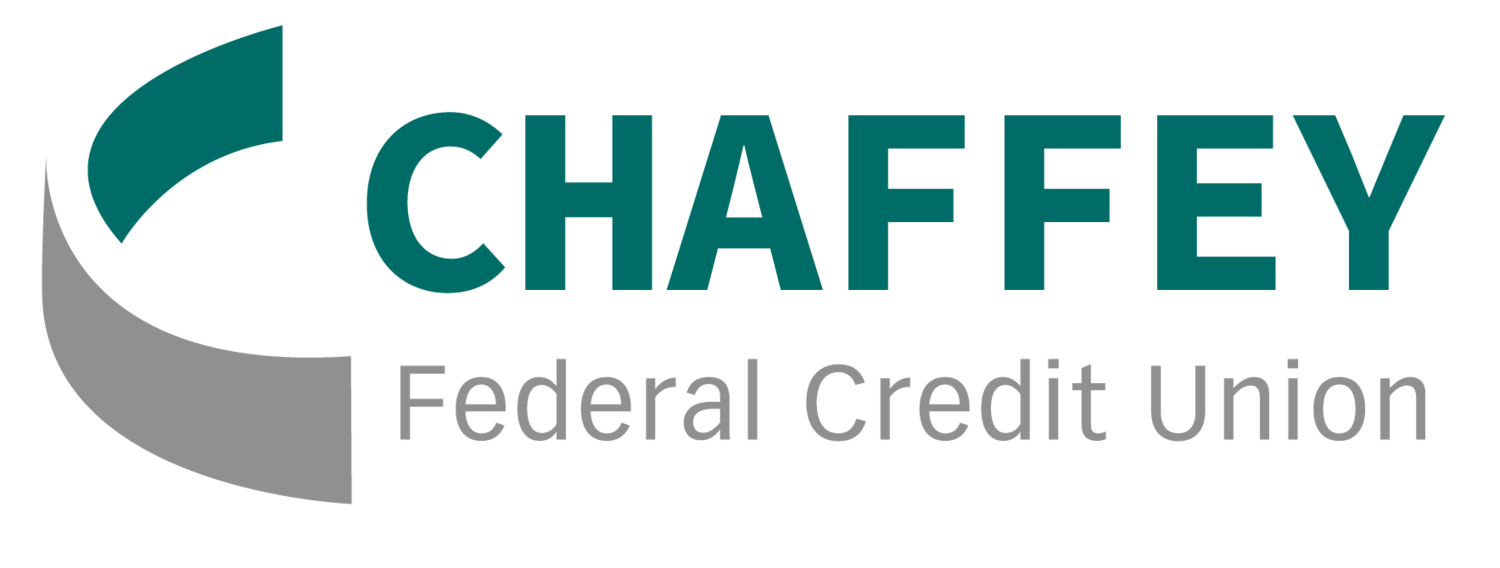Financial Wellness Month
After all that spending and celebrating over the holidays, it’s time to slow down and take a closer look at our financial habits. That’s right — January is Financial Wellness Month. What better time to visit our finances than when making resolutions for the new year?
Financial wellness is more than just how much money you have stashed away. It’s having a plan for the future, understanding your debt, and having a healthy relationship with your money management.
This new year, create resolutions that’ll help you reach your 2024 wellness goals. Need some help? Here are some wellness topics to consider in 2024:
1. Build an emergency savings.
Unexpected events, such as job loss or medical procedures, are bad enough without the unexpected costs. When not sufficiently prepared for, these events can have a detrimental impact on your finances. Having an emergency savings fund can help reduce the stress and financial burden you or your family may take on when suffering through:
- Job loss
- Medical procedures
- Car maintenance
- Divorce
There’s a lot of discussion around how much you should have in your emergency fund — some recommend having enough to cover 2-3 months of living expenses, others suggest that a flat amount such as $3,000. Determining the appropriate amount is up to you, but it never hurts to put a little more in savings. Better to be safe, than sorry. The Consumer Financial Protection Bureau offers an emergency fund guide to help you get started.
IMAGE SOURCE: Experian Blog
2. Improve your credit score.
Your credit score plays a role in many big decisions. Found the perfect new car? The monthly payment may not look so perfect if a low credit score is driving up your interest rate. One of the biggest pieces of your credit score is your payment history. Making your payments on time is a small (but impactful!) decision to help improve your score.
Taking the time to learn about your credit score can be the first step towards making better financial decisions in the new year.
3. Create your personal budget.
Knowing how much you spend (and where you spend it) is the first step in healthy money management. Don’t think of a budget as something negative, think of it as a way to prioritize what matters most to you.
When creating (or updating) your budget, it’s important to review your real transactions, instead of guessing where your money goes. With the convenience of online banking, you can review your transaction history at any time. Separate your purchases into categories to help plan your monthly spending — make it as detailed as you want! Don’t forget to put money into savings each month! Pay yourself first!
4. Save for a big purchase.
Financial wellness can be exciting for you too! This year, think about saving up for that upgrade you’ve been wanting. Having a car or home that meets your needs (without breaking your budget) can be important for fulfilling your personal or familial needs. Keep in mind, big changes like that take time to save up for!
Think you’ll upgrade your car in the next few years? Try putting away $100 a month to save up for it. Have room for more savings? Try $200! Any money that you can put away now will make it easier for you when you’re ready to take the next steps.
5. Pay down debt.
For many people, it’s not uncommon to fall victim to holiday over-spending. Maybe you’re not feeling so festive after looking at your most recent credit card bill. Paying down debt can be a big step towards building your savings, reducing your stress, and having more disposable income. Start by looking at all of your current debts, the required payments, interest rates, and when they will be paid off.
To meet your goals, you may decide to pay more on principal, meaning you pay more than the minimum monthly payment. This can help, as the additional payments you make are applied to your loan principal. Another option you choose may be to roll up your debt payments, meaning you allocate a certain amount to debt repayment each month. When you successfully pay off a debt, keep the monthly repayment amount the same and apply the extra funds to your remaining debts. You can create a free account with Utah State University’s PowerPay program to help you keep track of your progress toward eliminating debt. After reviewing your debts, you may also decide that a debt consolidation loan is the best fit for your financial needs.
Whatever financial wellness looks like for you, it’s important to always keep the future in mind. Whether you are looking to improve your savings or make a big change in 2024, your Chaffey FCU team is here for you to answer your questions and offer services to kick off your financial wellness journey.




